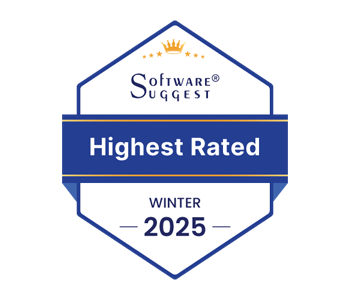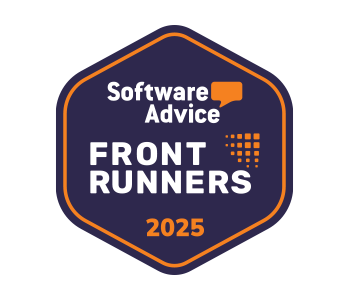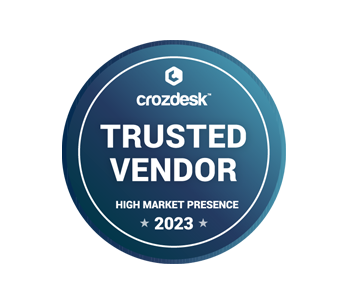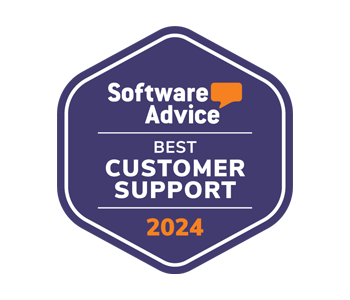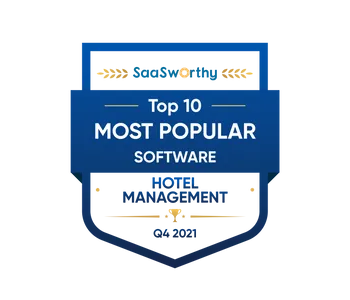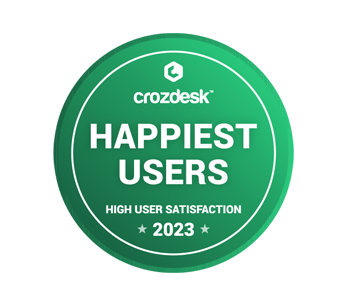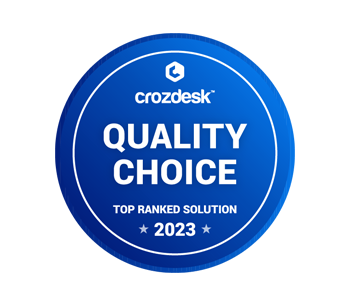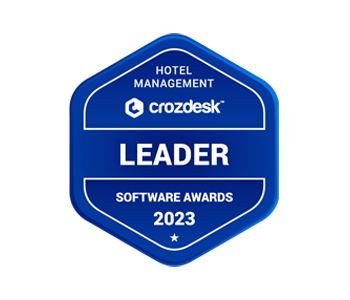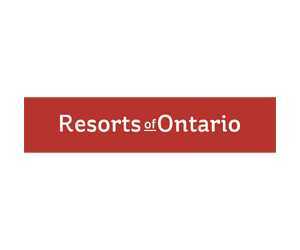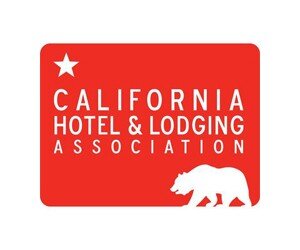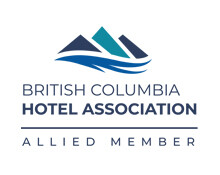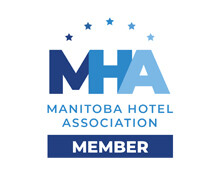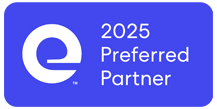Did you know that modern buildings constructed within earthquake zones are built to sway during an earthquake? While the foundation is firm, there’s enough flexibility to allow the wave of the earthquake to move through it.
Does your hotel need to be seismically upgraded, metaphorically speaking? With the right kind of foundation, you’ll have a solid base to grow your business, with enough “give” so you’re agile to respond to changing conditions, such as a pandemic!
A hotel built upon solid data, customer service, digital marketing, and modern hotel technology will be well positioned to weather any storm as a stronger, more agile hotel business.
Data
One of the most crucial building blocks for building long-term success for your hotel is data. It’s often overlooked in smaller hotels because it’s not a pressing task that needs your immediate attention, and so it gets put on the back burner while you’re putting out other fires.
When you harness your reservation, performance and guest data, you’ll be able to forecast trends, find the “sweet spot” for rates for particular dates, create customer segments, determine marketing opportunities, and personalize guest service.
In addition to using tools like Google Analytics for discovering the pathways your guests take to find your website and their route to booking, leverage the power of your property management system (PMS) and compatible data integrations to learn more about your property’s performance and guests.
For example, WebRezPro collects and synchronizes real-time data automatically to not only streamline operations, but to generate reports that provide actionable insights. Year-over-year performance reports can help you predict the year ahead and plan pricing and marketing campaigns. While sales reports reveal your most successful packages, activities, and other ancillary revenues to help determine with accuracy what products to promote or provide—rather than using gut decisions.
No one can predict the future, but you are at least one step closer with data. So capture your data and harness it for hotel success!
Personalized Customer Service
Customer service has always been a vital building block within the hospitality industry. These days, your online customer service is as important as your face-to-face communication.
Ensure you nurture your guest relationships throughout the guest cycle via personalized routine guest messaging, i.e. booking confirmation, pre-arrival, check-in, during stay and post-stay emails or SMS messages. Guests expect relevant and timely communication about their stay. The best way to meet their expectations is with automated emails or SMS, which streamlines the process and ensures no opportunity is missed.
Always keep in mind that your guest messaging is part of customer service and in that spirit keep emails short, relevant, helpful, and branded. Ask yourself, how does this email make their stay easier and more enjoyable? Marketing messages are welcome as long as they fit the same criteria. Offering upsells, like vacation packages or meal deals, is not intrusive if it’s relevant to your guests. These dos and don’ts of guest communication can keep you on the right track!
Remember, the guest cycle doesn’t end when the guest checks out. Keep the relationship going with follow-up emails that build loyalty and encourage repeat bookings.
Digital Marketing Strategy
Merge data with customer service to develop an effective digital marketing strategy. This important building block, while ever-evolving, is essential to your hotel’s success. While your digital marketing strategy has many moving parts, keep these elements in mind as the most basic components you must never overlook.
Guest Segmentation: Use the data you collect about your guests to develop guest segments based on their reason for traveling, interests, or purchasing habits, for example. In doing so, you’ll be able to provide more personalized and relevant offers, like romance packages for couples or stay-and-play packages for adventure seekers. You’ll also be able to level up your customer service with surprise and delight initiatives based on reservation data. Imagine providing a surprise discount for a couples massage for a couple traveling on a romantic weekend, or upselling a kids activity package to visiting families.
Website: From SEO to design and functionality, keep your website current. In addition to rehauling your site every two years, it’s important to work with a designer for annual edits to ensure your site is running optimally (think site speed) and complies with SEO best practices. From mobile optimization and easy online booking to fast page loads and consistent branding, all elements of your website affect the user experience and impact whether lookers turn into bookers, as outlined in this blog post.
OTAs: The current hotel trend is to move away from online travel agents (like Expedia and TripAdvisor) and bring guests over to your website for direct bookings. That doesn’t mean you should throw the baby out with the bath water. OTAs play an important role in discoverability and brand recognition. Ensure you incorporate OTA management into your building blocks by managing your listings, keeping images up to date, and responding to reviews to maintain your reputation. Managing inventory across several channels is only reasonably possible with a PMS that offers integrated channel management, allowing you to manage rates and availability across all your channels from a single point of control.
Technology & Automation
In order to future proof your hotel operations, it’s essential to utilize modern cloud technology that is relevant to your property so that you can continue to streamline operations, save money, and remain agile.
Automation: Hotel tech is all about streamlining and automating operations for greater efficiency, accuracy and performance. In addition to automated emails (which we spoke about in the customer service section), other administrative processes can and should be automated, such as online bookings, check-ins, online distribution, invoicing and reporting. Not only does automating these processes save time and make life easier, it also reduces (or erases) any margin for error. You don’t need to remember to send a confirmation email, for example, when it is sent automatically, and double bookings are a thing of the past when availability is updated automatically across all channels.
Watch for the increasing development and application of Artificial Intelligence (AI) in the hospitality industry. Right now, chatbots are a form of AI automation that are rapidly being employed as online concierges, helping to answer customer enquiries 24/7 and freeing up hotel staff to focus on the guests in front of them. AI can give you that leading edge against competitors while streamlining your hotel operations.
Mobile accessibility: The world is at our fingertips through our mobile devices—what about your hotel business? If the pandemic has taught us anything, it’s that we must be able to access our work from anywhere at any time. A mobile property management system can keep your hotel in the palm of your hand, allowing you to make rate adjustments, run reports, or enter a reservation—whether you’re in the office or on the beach.
Property Management System: A PMS functions as the central component that brings all the foundational blocks together. It operates as a central dashboard for all your operations, from front desk operations and marketing to housekeeping and accounting. Automatically collecting and centralizing data, your PMS gives you a clear, real-time view of your business and automates routine tasks for more efficient and effective operation.
As an independent hotel, you have an advantage over large chains because of your ability to be more agile and responsive. Throughout the pandemic, we’ve seen many hotels master the art of the pivot and get really creative with implementing protocols and changing marketing tactics to keep guests coming. Too many pivots, however, can create risk by taking you too far off course. Keeping true to the fundamental building blocks will help stabilize your hotel business, with just enough sway to keep you agile for future trends.










